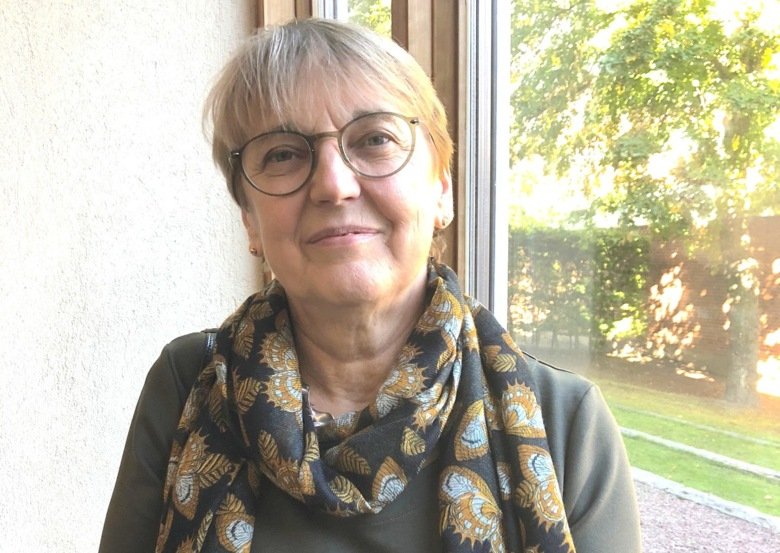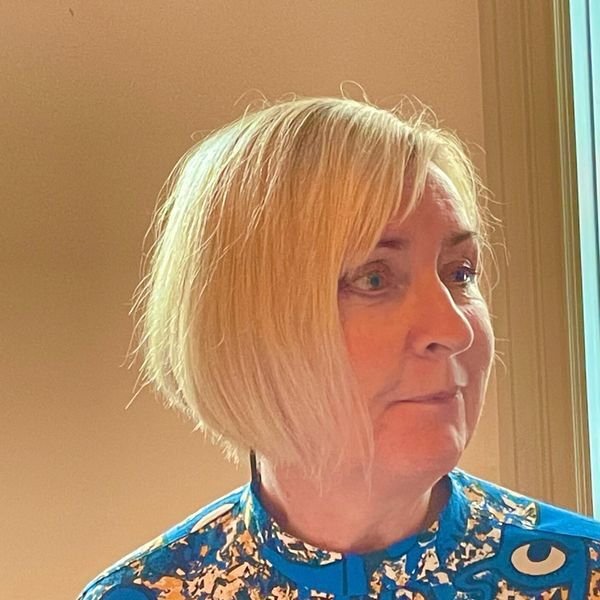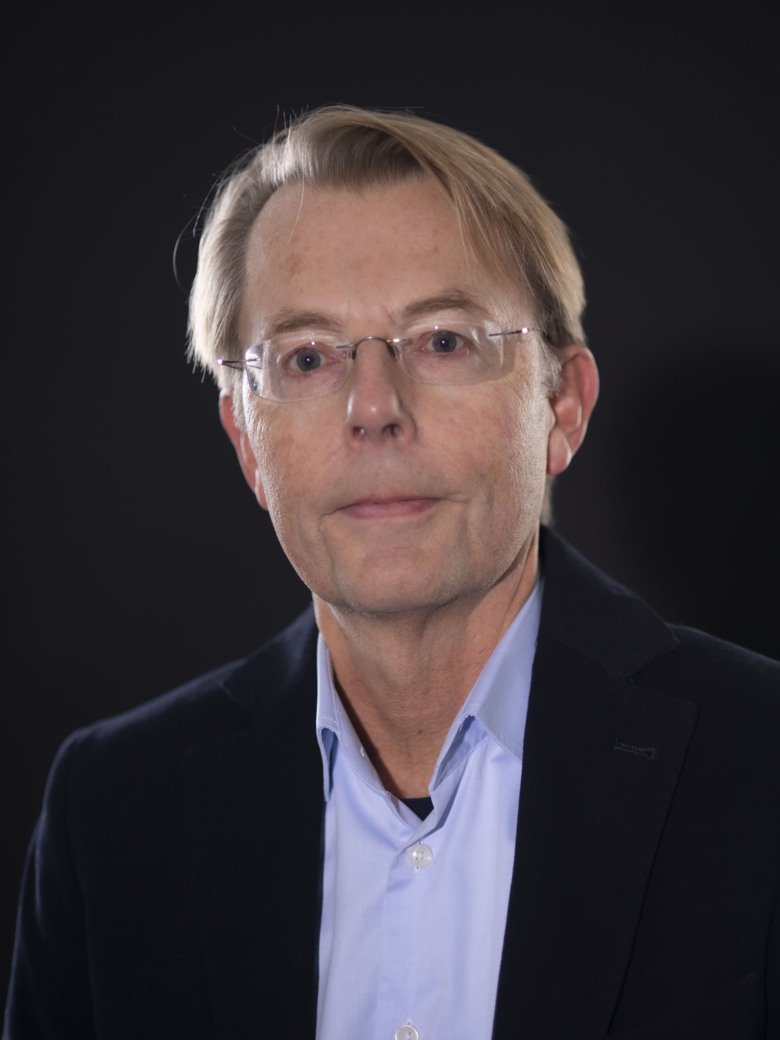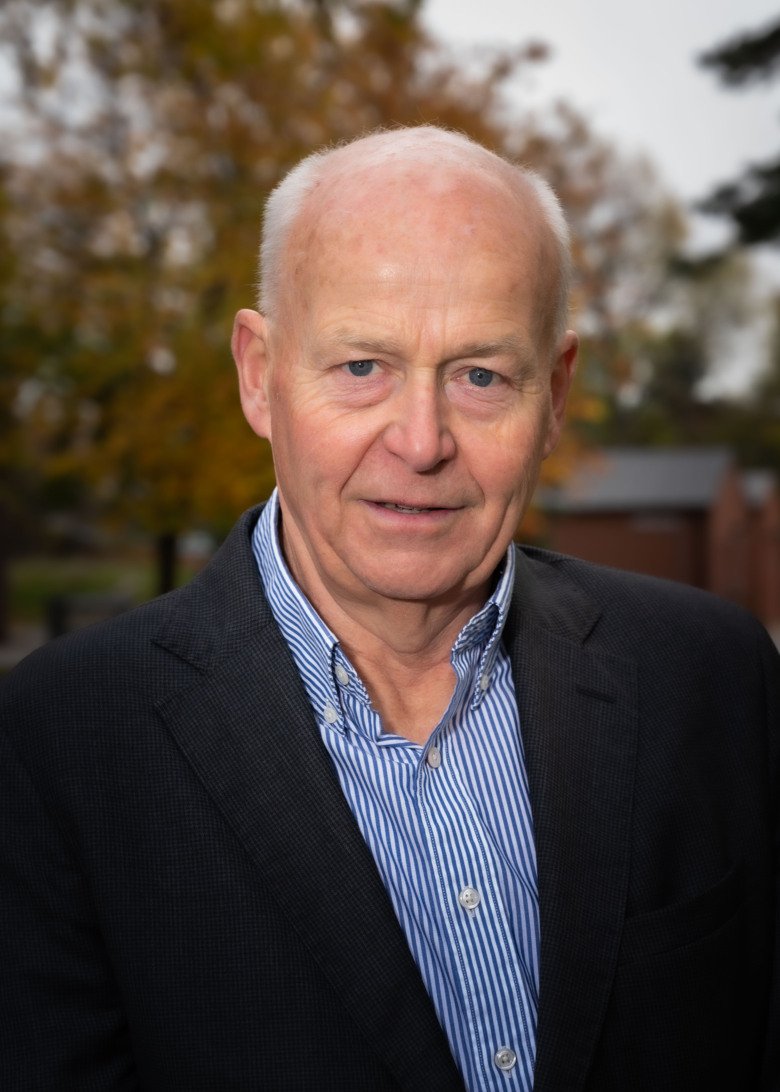Maria Masucci, Christina Helging Opava, Åke Rökaeus and Jan Ygge awarded the 2021 Silver Medal
This year's silver medals are awarded to professors Maria Masucci, Christina Opava, Åke Rökaeus and Jan Ygge. The medal is awarded to people who have made particularly excellent efforts to support Karolinska Institutet's operations and is celebrated in connection with the ceremony "Nit och Redlighet".

Maria Masucci, Professor of Virology at the Department of Cell and Molecular Biology, is awarded the Silver Medal for her particularly significant contribution to the subject areas of virology, tumour biology and immunology. Maria holds many senior commissions of trust both in Sweden and abroad and has played an important role for Karolinska Institutet on many levels.
Maria Masucci's research has a clear translational focus and she has collaborated with several clinics to establish innovative treatment for lymphoma caused by the Epstein-Barr virus after organ transplants.
In addition to her research, Maria has, among other things, been Vice-Dean for research (2002-2006) where she was responsible for a number of important issues. Among other things, she initiated the first inventory of core facilities, developed a new model for activity reporting and contributed greatly to closer collaboration between Karolinska Hospital and Karolinska Institutet. As Vice-President for International Affairs (2014-2017), she played an important role in further developing KI's contacts with the outside world, including those with the Ming Wai Lau Centre in Hong Kong, several universities in China and Makerere University in Uganda.

Research on training for people with rheumatism
Christina Helging Opava, Professor Emerita at the Department of Neurobiology, Care Sciences and Society, receives the Silver Medal for her extensive and lasting efforts in the development of both education and research at KI. Her research has contributed to significant developments in the understanding of training for people with rheumatic disorders.
Christina Opava has proven, above all, through her early studies, that when a person has rheumatoid arthritis physical activity and training have a good effect and are not harmful, something that was groundbreaking at the time. She made significant contributions in advancing the knowledge within physiotherapy with a focus on rheumatology. Her research in physiotherapy has led to new models being developed as well as changed practices with regard to training and rehabilitation methods for patients with other rheumatic joint disorders.
In the field of education, Christina's wider commitment has had a significant impact at KI. She has, among other things, been chair of the Graduate School in Health Sciences and served as Director of the Strategic Research Area of Health Care Sciences (SFO-V). She has moved developments forward and enabled junior researchers to create international networks. Christina has extensive teaching experience and is an appreciated lecturer who is often invited by clinicians, professional organizations and patient associations to talk about evidence-based measures in her own research area. She has also worked with course development and course management as well as course literature and other teaching materials.

Structured education with students in focus
Åke Rökaeus, former senior lecturer at the Department of Medical Biochemistry and Biophysics, receives the Silver Medal for his excellent efforts in the teaching of biochemistry at Karolinska Institutet. Over the years, Åke has taught thousands of students, primarily on the medical programme, but also in other educational programmes.
Åke Rökaeus was Director of Studies and Director of Undergraduate Studies at the Department of Medical Biochemistry and Biophysics for almost 20 years. His guiding principle was a structured education of high quality with the student at the centre. Åke developed a large number of programme designs, teaching materials and new solutions for the teaching of medical biochemistry. At the same time, he took on a major teaching assignment through his commitment to the students through seminars, lectures and other teaching elements. He strived always to develop and improve his courses primarily within the medical programme, but he has also been involved with other courses and was active in a number of central teaching bodies. When the new six-year medical programme was launched in autumn 2021, Åke Rökaeus continued to contribute valuable skills and experience, even though he had formally retired.
With a genuine and major interest in research, Åke Rökaeus always kept up to date with the latest research findings. Through his broad expertise and solid research background, Åke managed to enthuse his students and made them understand that good basic scientific knowledge is key to success in their continued studies and future professional practice.

Praised for research on eye motor skills
Jan Ygge, Professor Emeritus at the Department of Clinical Neuroscience, is awarded the Silver Medal for his excellent research efforts in ocular motor function. He has also contributed greatly to both teaching and pedagogical development at KI.
Jan Ygge's clinical research in ocular motor function was established in the early 1990s during a postdoc residency at Johns Hopkins Hospital in Baltimore. There he studied eye motor disorders as a result of diseases and damage to the eye muscles and brain. The subject area fits well with Ygge's dual competencies in neuroanatomy and eye diseases. He brought new and advanced methodology for eye motor measurements to Sweden and set up an eye movement operation at the Bernadotte laboratories at Huddinge Hospital. Marianne Bernadotte Centrum is today among the foremost laboratories in the world.
Jan Ygge has also been a highly appreciated teacher who early developed computerized teaching and other teaching methods in his subject area. He has also been very active in the internationalization of KI and spread knowledge about the eye and its diseases to the public, including through the book ”Ögat och synen”.
